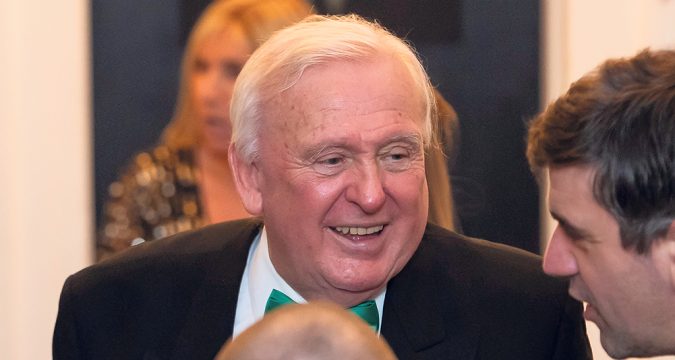 RL Benevolent Fund General Manager Steve Ball is stepping down from his role at a charity that continues to support some of the sport’s most vulnerable people.
AFTER enriching the sport in a wide range of capacities for half a century and more, Steve Ball MBE stepped away from the most important role of his rugby league career at the end of Ju
RL Benevolent Fund General Manager Steve Ball is stepping down from his role at a charity that continues to support some of the sport’s most vulnerable people.
AFTER enriching the sport in a wide range of capacities for half a century and more, Steve Ball MBE stepped away from the most important role of his rugby league career at the end of Ju The varied rugby league life of Steve Ball as Benevolent Fund role ends
 RL Benevolent Fund General Manager Steve Ball is stepping down from his role at a charity that continues to support some of the sport’s most vulnerable people.
AFTER enriching the sport in a wide range of capacities for half a century and more, Steve Ball MBE stepped away from the most important role of his rugby league career at the end of Ju
RL Benevolent Fund General Manager Steve Ball is stepping down from his role at a charity that continues to support some of the sport’s most vulnerable people.
AFTER enriching the sport in a wide range of capacities for half a century and more, Steve Ball MBE stepped away from the most important role of his rugby league career at the end of Ju 